 By:
Gaston
By:
Gaston
The Consolidated Law of 1990 remains the legal framework for the prevention, prohibition, and punishment of drug-related activities in Italy. According to this law, marijuana consumption is not illegal, but its possession is.
In 2014, Law 79 identified cannabis as one of the least dangerous narcotic substances. Possession of marijuana can result in the suspension of the driver’s license or its loss, which can range from one to three months for weed and from two to twelve months for more potent drugs. Generally, offenders with no prior convictions receive a warning and a formal request to refrain from consuming cannabis.
In 2016, the legislation changed to allow and regulate hemp production, leading to an increase in the sale of “cannabis light” in stores. However, its consumption remains illegal under current legislation.
The sale or supply of weed in Italy is illegal and may result in less severe penalties compared to harder drugs such as cocaine or heroin. While selling heroin can result in up to twenty-two years in prison, selling weed can carry a maximum of six years.
However, there are some exceptions, and the sentence depends on various factors, such as the mode of sale, the profile of the accused, and their motivations.

Hemp cultivation has been legal since 2016 and has been beneficial for some Italian companies, which manufacture products such as hemp paste and construction materials. Additionally, the Italian army also cultivates marijuana for medicinal purposes, being the only authorized organization to do so.
Therapeutic CBD oil is legal for medical use and can be obtained at pharmacies with a medical prescription. It can also be purchased without a prescription but must contain THC levels of 0.6% or less.
The cultivation, sale, and import of medical cannabis are permitted with authorization from the Ministry of Health, while personal use remains illegal but decriminalized. Possession of weed for personal use can result in fines, but not serious charges. The maximum amount for personal use is 1.5 grams, and exceeding this limit may lead to stricter penalties.
Hemp cultivation in Italy has ancestral roots dating back to Roman times, evidenced by significant cannabis cultivation in the 1st century A.D. There is also evidence of its cultivation during the Middle Ages, where it was used as a source of food, textiles, and construction materials.
In the early 20th century, the Italian hemp trade flourished, with four main varieties cultivated in different regions:
– Canapa Picola (small hemp) in the Arno Valley in Tuscany.
– La Bolonia (large hemp) in Bologna, Ferrara, and Rovigo.
– La Napolitana (variety of large seeds) in Naples.
– La Napolitana (variety of small seeds), also in Naples.
By the 1940s, Italy had become one of the leading hemp producers globally. However, this industry experienced a rapid decline after World War II. The introduction of synthetic fibers reduced the demand for hemp fabric, and the growing stigma associated with cannabis led the government to ban its cultivation.
Attitudes toward marijuana changed again in the early 21st century, when industrial hemp production was legalized in 2016, allowing companies to resume cannabis cultivation.

Italy has a significant population of marijuana consumers, ranking twelfth in the world in terms of consumption prevalence, according to UNODC data. The sale of “cannabis light” reflects the relatively liberal stance of the government, although it faces opposition from some sectors, such as the Catholic Church, which advocate for the complete illegalization of cannabis.
Access to medical marijuana is reserved for patients with a medical prescription and ministerial approval. Some of the diseases for which it is prescribed include chronic pain, multiple sclerosis, Tourette’s syndrome, glaucoma, anorexia, spinal cord injuries, cachexia, and nausea. Patients must have tried other treatments before receiving medical marijuana, and some conditions must be secondary to other diseases or specific treatments. Medical cannabis is only available in pharmacies, and a new prescription is required to obtain more supplies. Pharmacists must officially record each transaction with a sealed and signed receipt.

In November 2018, the United Kingdom took a significant step by legalizing medical marijuana through a legal reform that relocated cannabis-derived products for medical use, removing them from a restrictive list and regulating them more strictly. These products are classified into two categories: cannabis-based products for medicinal use in humans and medicinal marijuana-based drugs. Under specific circumstances, the prescription of unlicensed marijuana-derived products is allowed.
In Switzerland, between 2011 and 2022, medical marijuana use was permitted under exceptional circumstances under supervision, but a new law in August 2022 allowed its prescription by doctors without the need for special authorization. The cultivation, production, processing, and trade of medical cannabis in Switzerland are subject to Swissmedic authorization.
In 2017, Germany passed the “Cannabis as Medicine Act,” expanding medical prescription options for pot-based products. This includes registered medications with marijuana-derived active ingredients and the possibility for doctors to prescribe medicinal marijuana flowers or pharmaceutical-grade extracts. The dispensation of flowers to patients is governed by both local and European regulations. The Cannabis Agency was established to oversee controlled production and distribution of weed flowers in German pharmacies.
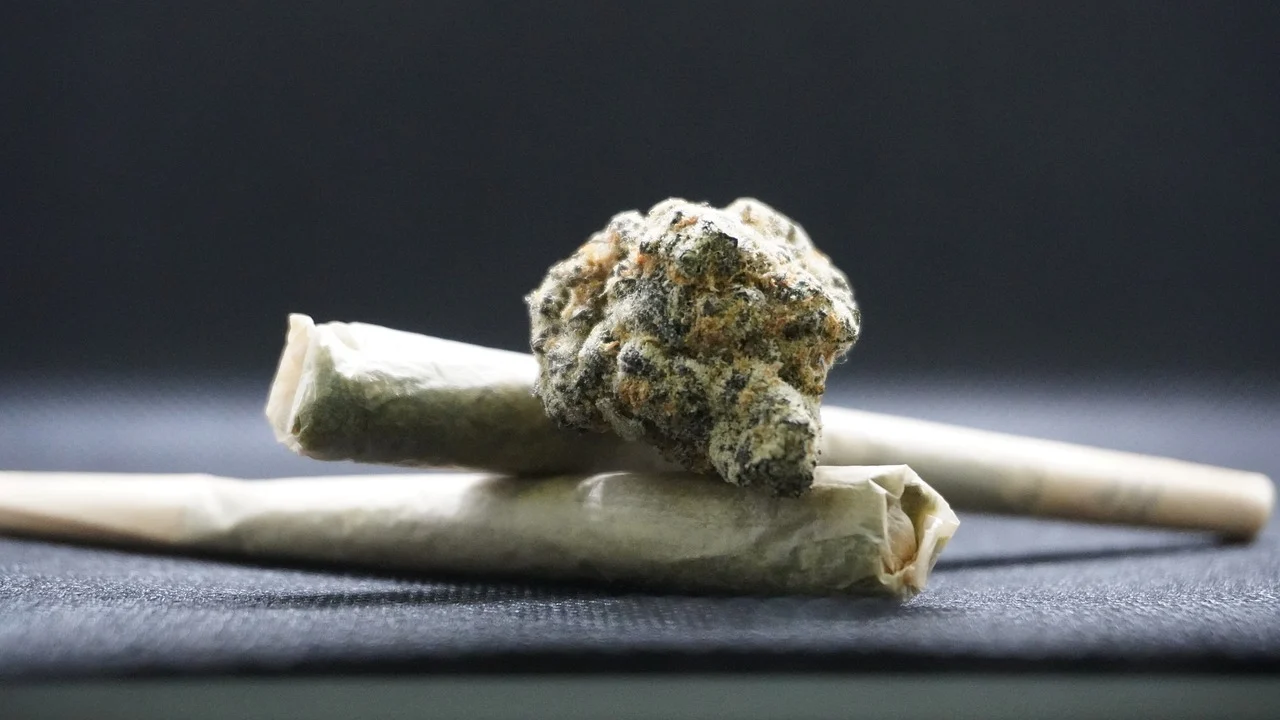
On the other hand, Portugal legalized the therapeutic use of marijuana in 2018, regulated by INFARMED. Medicines, preparations, and substances based on cannabis must have INFARMED’s therapeutic authorization and approval. Three categories of products were established: medicines, substances, and preparations based on pot, all subject to marketing authorization. Although Portugal has authorized some marijuana-based medicines, the availability of products remains limited.
The Netherlands, Italy, and Poland have also established legal frameworks for medical cannabis. Other countries such as Denmark, Ireland, and France are conducting pilot programs to evaluate the medicinal use of marijuana, limited to previously authorized products and with medical prescription.
In Spain, the use of medical marijuana is not widely regulated, and legal cultivation is mainly for export. Although legislative efforts have been made, no new national marijuana medicines have been approved beyond Sativex® and Epidyolex®. The most common therapeutic indications for pot include the treatment of chronic pain, epilepsy, and painful spasticity.

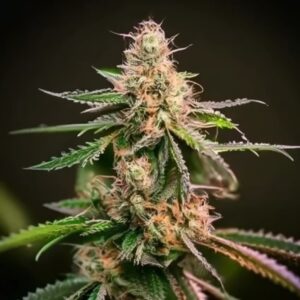


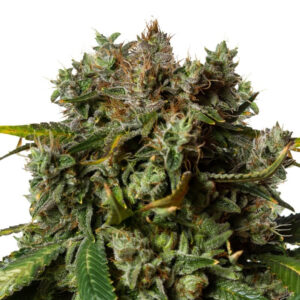

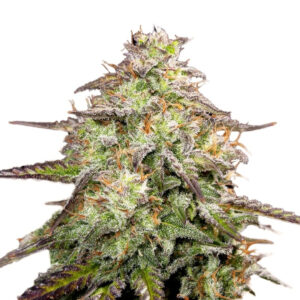
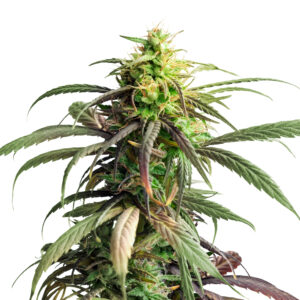






Related Posts

Welcome to the exciting world of cannabis and cryptocurrency! BTC and marijuana make the perfect match, offering a seamless and secure way to purchase weed seeds and accessories.
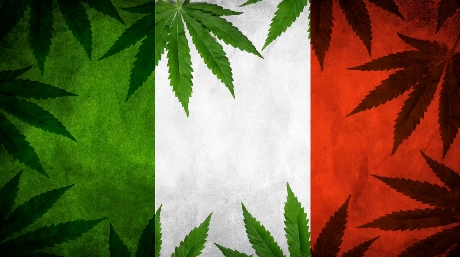
The proposed bill was similar to the one passed by voters in Colorado in 2012. Italian citizens would be allowed to grow up to 5 plants for their own personal use, they would be allowed to have up to 15 grams of marijuana at home, and have up to 5 grams of marijuana on them out in public. Cannabis clubs would also be legal, so up to 50 people could get together and smoke. This also means that the transfer of marijuana to these “clubs” would be legal as long as it’s not for profit.
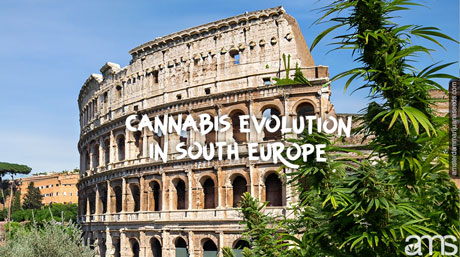
The story of cannabis, an ancient plant steeped in millennia of cultural and medicinal history, is currently experiencing a radical transformation. For much of recent history, it’s been maligned, dismissed, or outright criminalized, often cast into the shadows of public consciousness. However, in Southern Europe, a resurgence of interest is underway. Like a phoenix rising from the ashes, cannabis is…